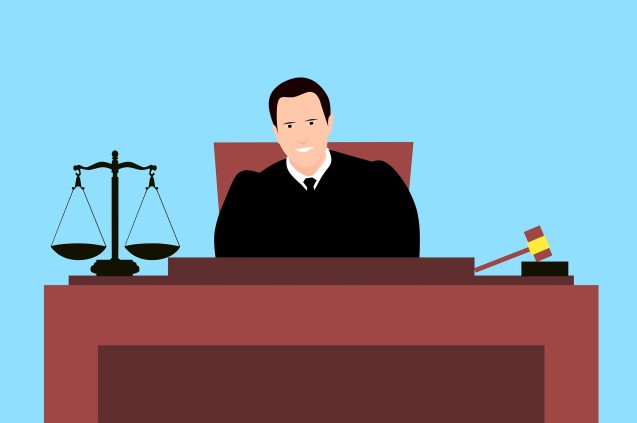
At trial, you have a right to impeach an adverse witness’s testimony. The court denied that right in People v. Bingham (D1d5 Sep. 26, 2023) No. A163112 (nonpub. opn.). The court admitted the 911 call of Bingham’s girlfriend reporting that Bingham had beat her up with a lock, but excluded her subsequent statements recanting. That was error. But it was harmless error, so the conviction was still affirmed.
A different outcome was called for under People v. Corella (2004) 122 Cal.App.4th 461, 470. As the court noted, Corella presented similar facts. Corella noted that it is the jury who must determine credibility, and when the case turns on the statements of a critical witness who does not appear at trial, the trial court commits reversible error by excluding inconsistent statements “because it prevented the jury from making a credibility decision based on all available evidence." (Id. at p. 472.)
But the Bingham court declined to follow Corella. And with good reason. The California Constitution only allows a court to reverse when there is a “miscarriage of justice.” And a “miscarriage of justice” only exists when the court determines a different result would have obtained based on “examination of the entire cause.” (People v. Watson (1956) 46 Cal.2d 818, 836.) And Corella's conclusion that there was prejudice because the jury was prevented from "making a credibility determination based on all available evidence" does not appear to consider the entire record. (Corella, supra, 122 Cal.App.4th at p. 472.)
Instead, the Bingham court considered the facts that Bingham was seen with the victim five minutes earlier, that he was found with a lock in his car after the beating, that his statements to the victim during a monitored call at the jail acknowledged he “saw all the blood,” and that the victim reconciled with Bingham before she recanted. Under the examination of the entire cause, the court found no prejudice. The fact that the jury was not provided all evidence to determine the victim’s credibility, which might have resulted in reversal under Corella, was not dispositive.
Bingham is unpublished and thus not citable. So if you have an issue involving exclusion of impeachment evidence, Corella is the operative authority. But Bingham’s criticism of Corella is valid, so that that into account: whether the exclusion should result in reversal must be based on the totality of the evidence.
(H/T to Prof. Martin for spotting this case. California Appellate Report: People v. Bingham (Cal. Ct. App. - Sept. 26, 2023).)